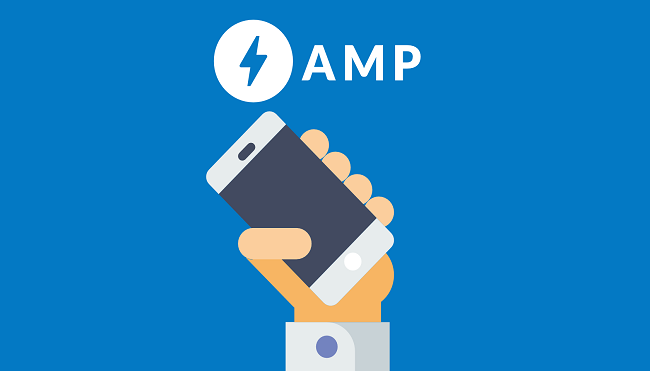Future of SEO:Determining the Real Purpose of Unnatural Outbound Link Penalties
Seeing Google intent on introducing changes, SEOs could only do one thing: adapt to the change while correctly predicting the short-term as well as the long term impact of that change. Recently, it was about ‘unnatural / irrelevant outbound links attracting penalties impacting the sites. And many SEOs responded something from do nothing to nofollow all the outbound links, which doesn’t go with the advice of Google’s John Mueller. He suggested to nofollow only those links that direct to a sales page, product, or social media page.
This blog is an attempt to initiate a discussion on what the impact of the step by Google could really be. Why to think along this line? Because Google engineers are not launching Penguin; negative SEO making it challenging for Google to pinpoint or penalize those sites for not including strategies they themselves have not implemented; Penguin severely yet temporarily thrashed the link-building markets.
So how the webmaster would respond? Possibly in the following 3 ways:
- Do nothing. If your website keeps on performing as before (in terms of traffic, visibility, ranking, etc.), why should the webmaster consider doing anything about the penalty over the outbound links on your site?Even selling links won’t harm you if not the info is not made public.
- Performcleanupon the site- innocent or guilty. If the website wants to stay in Google’s good book, it would try to perform cleansing on the site to remove any suspicious links that might have caused the penalty and then file a reconsideration request to Google. Obviously work will be much more for the sites that have participates in link schemes but they would know exactly which outbound links might have landed them in penalty. After cleansing, submit reconsideration request with appropriate message.
In both the scenarios, Google’s cause is served. In the first case, link developmentis fraught with suspicion: is the outbound link valuable or carries risk even with Mozrank. In the second case, Google would know about the nofollowed/removed links and keep a track of the offenders.
Being able to control the sites taking part in link schemes will serve Google in bettering the algorithm in pinpointing manipulation of link profile.The data collected from guilty sites would help Penguin to penalize other guilty sites with full confidence, even issuing manual actions.
What purpose of Google does the unnatural outbound links penaltyserve?
- Inducing ‘fear’ (of getting penalized) in legit webmasters to sell/place links.
- Adding confusion as well as devaluation of link scheming if the spamming webmasters continue to do for what they were penalized.
- Making webmasters afraid of buying /exchanging links for the fear of getting scammed and even overridden by the legitimate websites.
- Bettering the Penguin algorithm and readying it for real-time implementation.
Once Google used to lower the PR of the link-selling websites, now it cannot be known. And while going after outbound links, knowing the value of the acquired link has become even more difficult. Usual link building strategies are not going to reward webmasters now as the search marketing landscape continues to evolve, forcing brands to undertake solid, well-thought online marketing strategies. And the best of it begins with our old buddy, story-driven blog writing; it’s slow but worth all the efforts over the due course of time.
Thus as SEOs, you are to think about what future strategies based on predicting the intent of Google’s action and not just react out of shock at what Google choses to do to make websites undertake practices to legitimately get the attention of their target audience.
So focus must be on…
- Building only those links that provide value; meaning they should be relevant as well as goes with the source page content.
- Content that has the link directing to the destination page which must also be relevant to the source page as well, sans commercial keywords which could cue towards it being an unnatural link.
- Identifying those clients that work on building relationships with their customers to turn them into brand advocates.
Let us what you think of the ideas shared in this blog!





